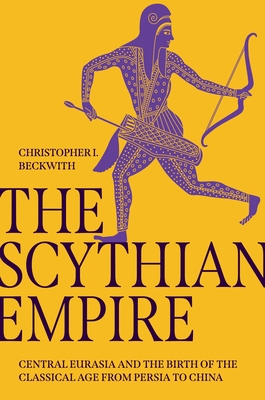What do you think?
Rate this book


416 pages, Hardcover
First published January 17, 2023
"The Scythians, a nomadic herding people from the steppes, spread their complex and highly innovative culture into the peripheral Eurasian world of late Archaic Antiquity by directly ruling over parts of it. Its introduction to Southeastern Europe, the Near East, South Asia, and East Asia at the same time and in the same ways effectively produced the great shared cultural flowering known as the Classical Age." (p. 267 this edition)